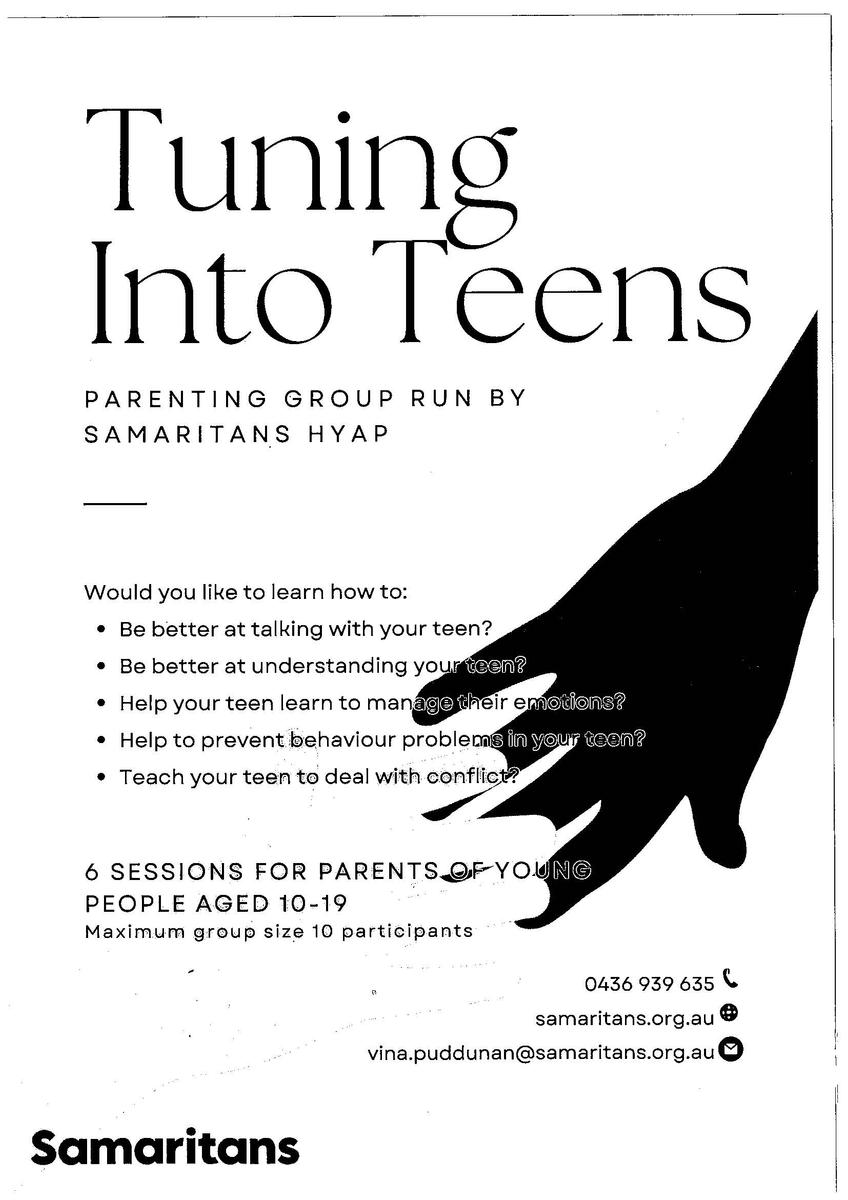Wellbeing News

What is school refusal?
School refusal, also known as school avoidance or school phobia, is a behavioural and emotional issue in which a child experiences extreme distress or anxiety at the thought of going to school. This leads the child to avoid attending school or experience significant difficulties in attending regularly. School refusal is not a formal psychiatric diagnosis but is considered an emotional problem that can have various underlying causes.
Key characteristics of school refusal include:
- Emotional Distress: The child exhibits intense fear, anxiety, or sadness when faced with the prospect of going to school. This emotional distress may manifest through physical symptoms like headaches or stomachaches.
- Consistent Pattern: The refusal to attend school is ongoing and persistent, usually lasting for several weeks or longer. It does not subside quickly or improve without intervention.
- Absence from School: The child might be absent from school frequently or may miss the entire school day. They may struggle to leave home and become highly resistant to attending school.
- Parental Awareness: The child's parents or caregivers are usually aware of the child's refusal to attend school and are actively involved in trying to address the issue.
- Age and Gender Prevalence: School refusal tends to peak at specific ages, particularly around 5-7 years, 11 years, and 14 years. It can affect children of all socioeconomic backgrounds and is equally common among boys and girls.
- Emotional Problem, Not Diagnosis: As mentioned earlier, school refusal is not a formal psychiatric diagnosis but rather a descriptive term for a set of emotional difficulties that interfere with a child's school attendance.
The underlying reasons for school refusal can vary from one individual to another. Some common factors that might contribute to school refusal include:
- Anxiety or Social Phobia: The child may be experiencing social anxiety or specific fears related to school, such as fear of being bullied, rejected, or criticised by peers or teachers.
- Separation Anxiety: Younger children might experience intense separation anxiety, finding it difficult to be away from their primary caregivers.
- Academic Stress: Academic pressures, fear of failure, or learning difficulties can lead to avoidance of school.
- Family Issues: Problems at home, such as family conflict, changes in family structure, or major life events, can trigger school refusal.
- Bullying or Peer Issues: Being bullied or facing social challenges within the school environment can contribute to avoidance behaviour.
- Mental Health Concerns: Underlying mental health issues like depression, generalised anxiety disorder, or other psychiatric conditions can also play a role.
Addressing school refusal typically requires a collaborative effort involving parents, teachers, school staff, and mental health professionals. Interventions may include counselling or therapy to address the emotional issues, modifying the school environment to reduce stress, and providing support to help the child gradually transition back into regular attendance. Early recognition and intervention are essential to prevent long-term consequences on the child's academic and emotional well-being.
For further information on school refusal and avenues to help manage the problems behind it please read the following attached PDF:

